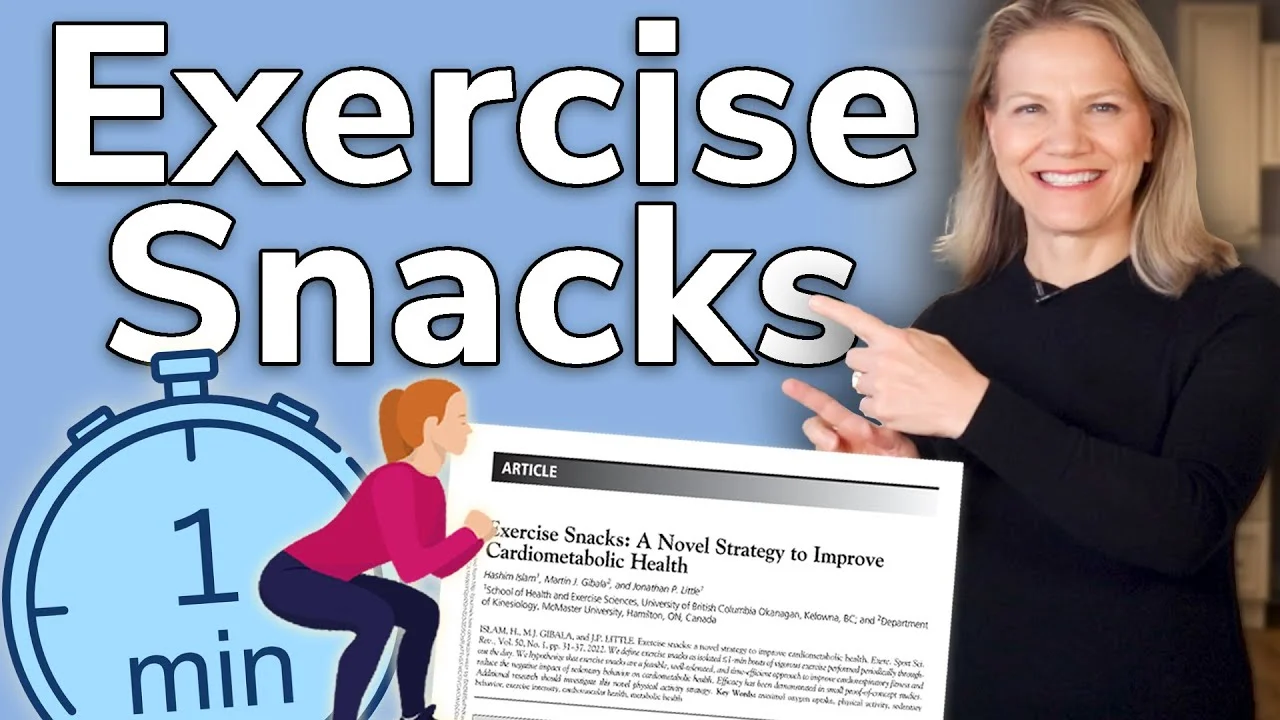Chiropractic care is more than just spinal adjustments—it’s about empowering individuals to take an active role in their well-being. When patients have confidence in managing their spinal health, they experience better recovery, less discomfort, and a greater sense of control. Understanding the importance of posture, physical activity, and self-care practices allows individuals to make informed choices that support their wellness. By promoting self-efficacy, Bobby Mozafari highlights how chiropractors can help patients transition from passive recipients of care to committed participants.
Table of Contents
Chiropractic Self-Efficacy and Its Importance
Chiropractic self-efficacy refers to a patient’s confidence in managing their spinal health through informed decisions and consistent habits. When individuals believe in their ability to take an active role in their care, they are more likely to follow treatment plans, adopt healthier routines, and experience better long-term outcomes.
Studies have shown that patients with higher self-efficacy tend to recover more quickly and report greater satisfaction with their chiropractic care. Someone who understands the impact of posture, movement, and spinal alignment is more likely to maintain their progress between visits. Whether it’s practicing recommended exercises, making ergonomic adjustments, or recognizing early signs of discomfort, self-efficacy equips individuals with the tools needed for maintaining spinal health.
Empowerment in chiropractic care extends beyond physical benefits. Confidence in one’s ability to manage musculoskeletal health can reduce anxiety about pain and injury, leading to a more positive outlook on overall wellness. When patients feel in control of their health, they are more engaged in their care, fostering a stronger partnership with their chiropractor and a greater commitment to their treatment.
The Chiropractor’s Role in Encouraging Patient Confidence
A chiropractor’s ability to educate and guide patients plays a crucial role in fostering self-efficacy. When individuals understand why specific treatments are recommended and how their daily habits influence spinal health, they become more engaged in their recovery. Clear explanations about posture, movement, and the impact of spinal misalignment help patients feel more in control of their well-being rather than relying solely on adjustments for relief.
Beyond treatment sessions, chiropractors who encourage open communication create a supportive environment where patients feel empowered to ask questions and take ownership of their health. When individuals recognize their role in maintaining spinal alignment through lifestyle choices and movement patterns, they develop greater trust in their ability to sustain progress between visits.
Building Self-Efficacy Through Knowledge and Daily Habits
Understanding how the spine functions and responds to different movements allows individuals to make informed choices that support their chiropractic care. Simple adjustments, such as maintaining proper posture while sitting at a desk or using correct lifting techniques, can prevent unnecessary strain. Those who actively seek to learn about their condition and treatment options often experience better outcomes because they are more engaged in their recovery.
Incorporating recommended exercises and stretches into a daily routine reinforces self-efficacy. Someone dealing with neck tension may benefit from consistent mobility exercises that relieve stiffness and improve flexibility. When these small efforts become habitual, they contribute to long-term spinal health, reducing the risk of recurring discomfort. Sticking to a structured routine also makes it easier to track progress and build confidence in one’s ability to manage spinal health independently.
Consistency is key to maintaining progress, and patients who integrate chiropractic principles into their everyday lives often notice significant improvements over time. Whether it’s staying mindful of ergonomics, practicing relaxation techniques to ease muscle tension, or recognizing the importance of regular movement, these daily habits strengthen confidence in one’s ability to take charge of their well-being.
Health Benefits of an Empowered Approach to Chiropractic Care
When patients take an active role in their chiropractic care, they often experience faster recovery and longer-lasting relief. The ability to recognize patterns in pain or discomfort allows individuals to make small adjustments before issues escalate. Whether it’s modifying posture throughout the day or engaging in low-impact exercises that support spinal health, these self-directed efforts contribute to improved treatment outcomes.
Reducing dependence on frequent adjustments is another advantage of self-efficacy. While routine chiropractic visits remain valuable, individuals who incorporate self-care techniques—such as stretching, strengthening exercises, and mindful movement—often find they need fewer corrective treatments.
A greater sense of control over one’s body can also lead to improved mental well-being. When individuals feel capable of addressing minor aches and tension on their own, they are less likely to experience anxiety about recurring pain. This shift in mindset encourages a healthier relationship with the body, reinforcing the importance of maintaining spinal health through daily habits.
Overcoming Barriers to Self-Efficacy in Chiropractic Care
Many people struggle with self-efficacy due to misconceptions about chiropractic care or fear that they lack the knowledge to manage their spinal health effectively. Addressing these concerns begins with education. When individuals understand how their spine functions and the role of chiropractic adjustments, they are more likely to embrace self-care techniques with confidence. Learning from a trusted chiropractic professional also helps dispel doubts and encourages patients to take a more active role in their treatment.
Staying committed to long-term wellness habits can be challenging, especially when progress feels slow. Setting small, achievable goals helps maintain motivation. With so much conflicting advice available, it’s important to seek guidance from trusted chiropractors and reputable sources. When individuals feel empowered with accurate knowledge, they are more likely to make informed decisions that support their long-term spinal health.
Encouraging a Proactive Mindset
A strong partnership between chiropractors and patients is the foundation of well-being. When individuals view chiropractic care as a collaborative effort rather than a passive treatment, they become more engaged in maintaining their spinal health. This shared responsibility leads to better outcomes, as patients are more likely to follow through with recommended exercises and lifestyle adjustments.
Developing self-efficacy isn’t just about addressing current discomfort—it’s about preventing further issues. Those who take proactive steps, such as staying active, maintaining good posture, and recognizing early signs of misalignment, can reduce the likelihood of chronic pain. Over time, these habits become second nature, allowing individuals to enjoy greater mobility and wellness.












